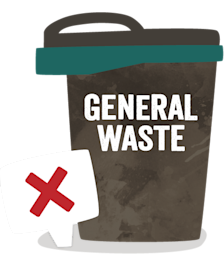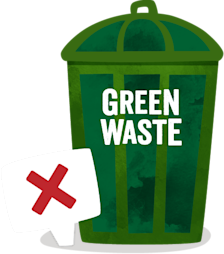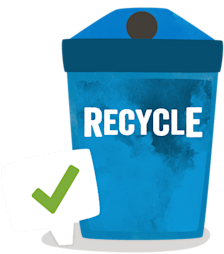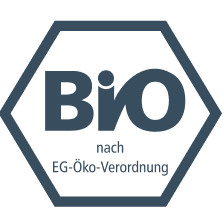Aluminum cups and tins

Aluminium, steel and tin are a natural, abundant resource
And what’s more, they’re brilliant materials for storing food. By sealing our wet food in watertight, airtight tins and cups, we keep it fresh and full of goodness - without any need for refrigeration.
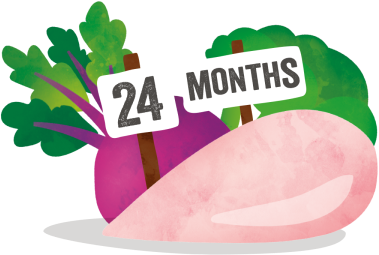
Nutrients locked in for longer
We’re big fans of canning our food because the process preserves all its natural goodness - including protein, fat, carbohydrates, most minerals and vitamins A, D, E and K.
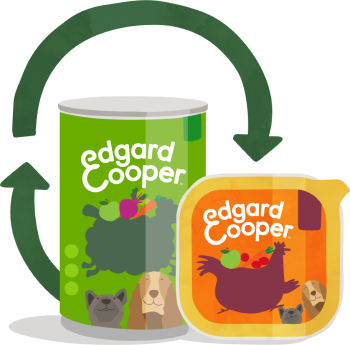
Back to work in 8.5 weeks
Our tins and cups are made of approximately 68% recycled aluminium. If recycled properly, they can be put back on supermarket shelves after 60 days. From the time you recycle them, it takes just 60 days for the material to be processed and put back to work on supermarket shelves.
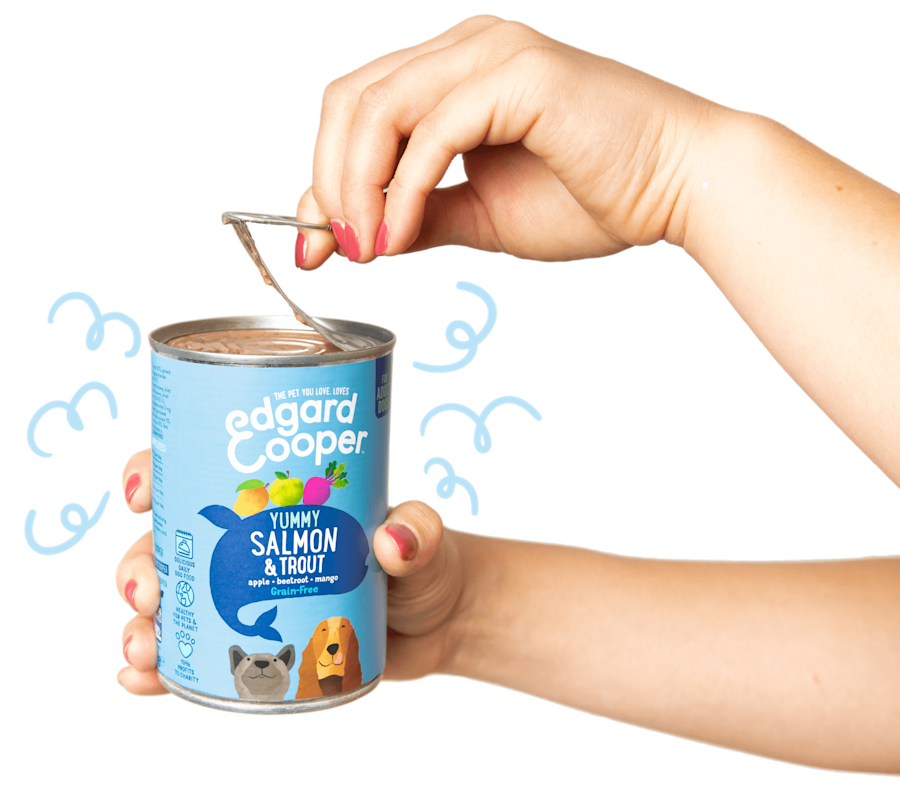
Helping to fight food waste
The wet food in our tins and cups stays at its best for 24 months - without any need for cooling or freezing. That means less food waste and less energy use than other types of food storage.

Abundant resources
Aluminium, steel and tin are abundant metals found in the earth’s crust. Although they’re much easier to mine than other materials, getting these metals still requires energy and damages the environment.

The silver lining
The good news is: metal can be recycled again and again and again - with no loss of quality. Making our tins and cups from recycled metals uses up to 95% less energy than if we used freshly mined metal.

Be a recycling ninja
The recycling rate for metals in Europe is incredibly high. For example, because we’re so good at recycling aluminium, 75% of what was mined in 1888 is still in use today! So thanks, and keep up the good work!

Helping to fight food waste
The wet food in our tins and cups stays at its best for 24 months - without any need for cooling or freezing. That means less food waste and less energy use than other types of food storage.
the plasticProblem
Because the microorganisms that eat almost everything else on the planet can’t digest plastic, we can’t break it down into useful byproducts. Instead, over 1000’s of years, plastic degrades into microplastics - which are becoming increasingly linked to all sorts of environmental and human health risks
the recyclingsolution
Metals can be used again and again without any loss of quality - which is why it’s an almost inexhaustible resource. In contrast, although we can recycle some plastic, we can only do so a few times before it degrades into harmful and useless smaller plastic particles.

Which bin?
Here’s a guide to show you exactly what to do with our empty packaging.
